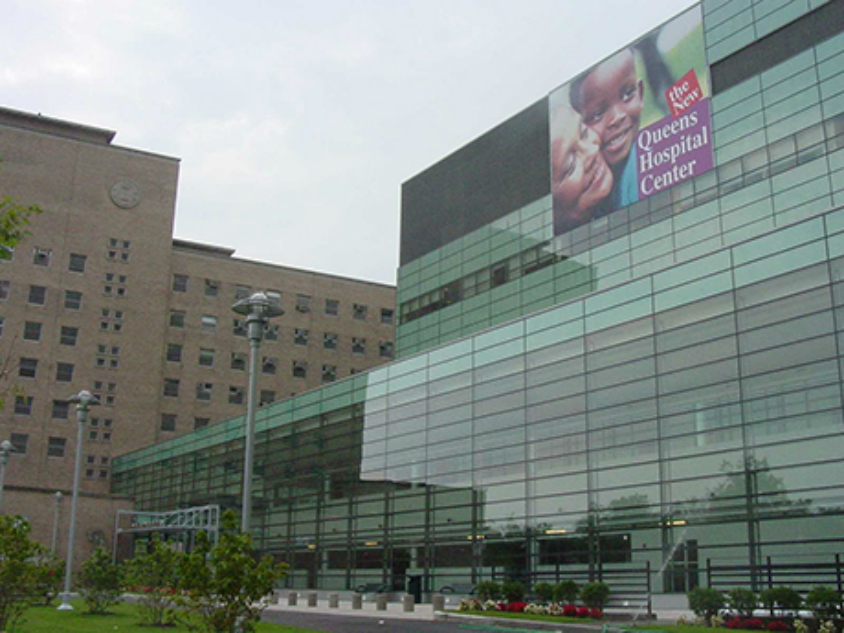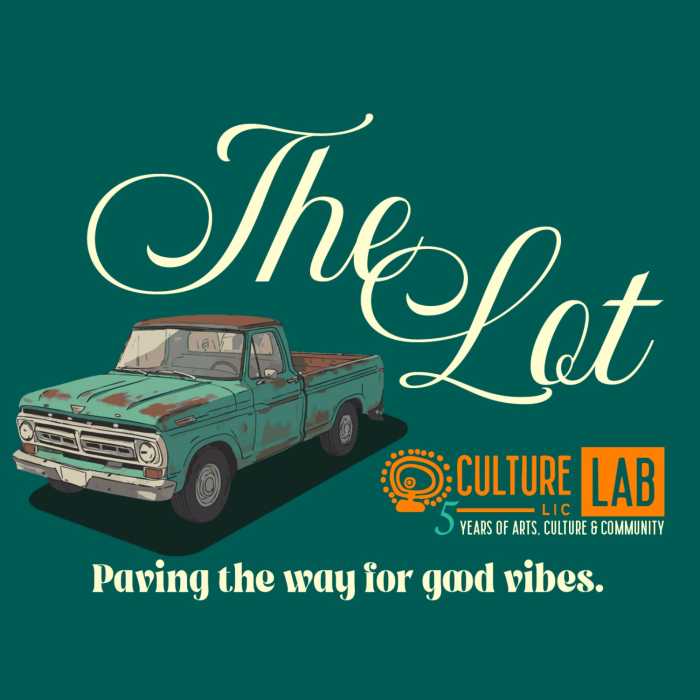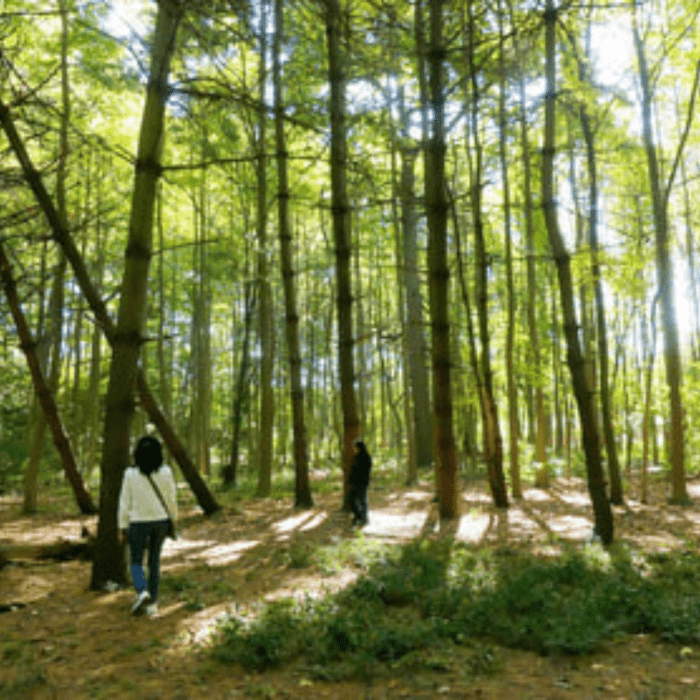
NYC Health + Hospitals/Queens, also known as Queens Hospital (Photo: NYC Health + Hospital)
April 17, 2020 By Allie Griffin
New York City is increasing its COVID-19 testing capacity by adding new test facilities to each of the five boroughs, Mayor Bill de Blasio announced today.
In Queens, one testing site opened today at York College in Jamaica and the previously announced testing site at Queens Hospital in Jamaica will open Monday, de Blasio said.
The City chose the specific sites based on community need. The test sites will serve the most at-risk patients — those 65 and older with underlying conditions, he said.
“This is specifically again about focusing on people with those preexisting conditions who are 65 or older and live in those particularly hard-hit areas,” de Blasio said.
The five testing facilities will be run by the city’s public hospital system. They are walk-in sites as opposed to the drive-up sites the state has created, but residents should first call 311 to access the testing.
The Queens Hospital facility, along with the facilities in the four other boroughs, will administer 2,4000 test per week initially and increase that number in coming weeks, the mayor said.
“There will be initially 2,400 tests per week across those sites, but that’s going to ramp up quickly,” de Blasio said. “I want to see that number double quickly.”
The York College testing facility is being administered by One Medical, a private health care provider. One Medical is opening a COVID-19 testing facility in each borough as well, in partnership with the City and the healthcare workers union 1199 SEIU.
The five One Medical facilities will perform a combined 3,500 free tests per week specifically for healthcare workers in hospitals and adult care facilities, as well as New York City residents who are 65 years and older.
The mayor said employees who care for those with disabilities and employees at adult care facilities deserve the city’s praise and appreciation, as well as the opportunity to get COVID-19 testing.
“Essential workers, including employees of adult care facilities and employees who care for people with disabilities — this’ll be sites where they can get tested,” de Blasio said. “And these people do such important work. I want to say to everyone who was in those adult care facilities, everyone who’s caring for people with disabilities right now, again, you are among the unsung heroes of this crisis.”
The One Medical testing facilities are open from 9 a.m. to 6 p.m. by appointment only to the specified groups, a spokesperson for One Medical said.






